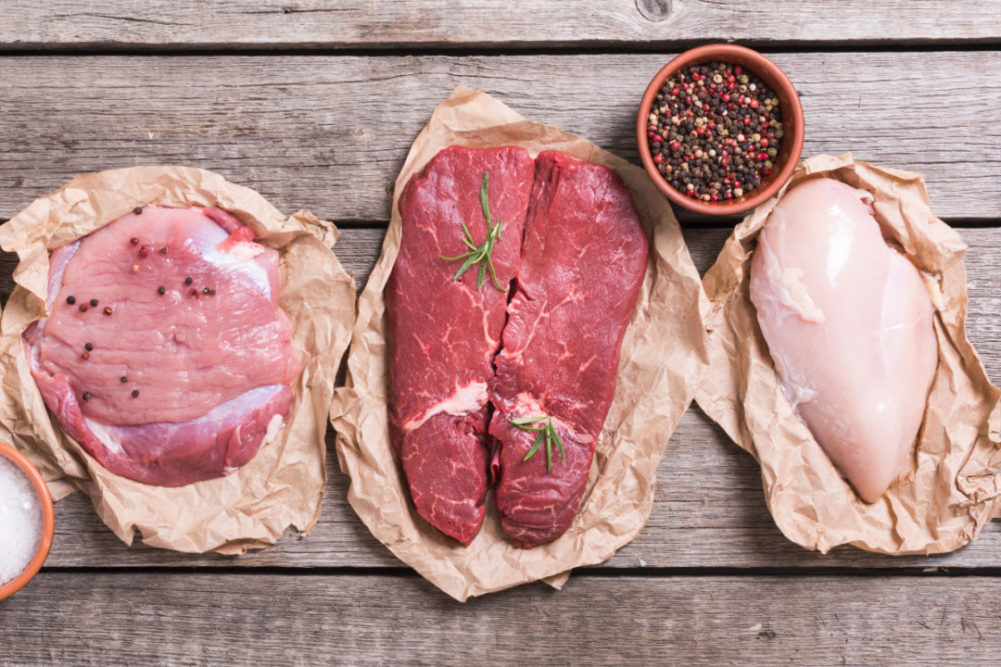DENVER – CoBank’s Knowledge Exchange Division released its latest report laying out the importance of export markets for US animal protein.
CoBank said the protein market has nearly tripled its exports from $7.4 billion to $20.7 billion in the last two decades.
According to the report, the reason for the growth is marketing programs and shrewd government trade negotiations.
CoBank stated that “trade policy remains a vital component to building consistent and reliable export markets, and the US needs to be at the negotiating table as new trade developments unfold. The recent nomination of a chief agriculture negotiator with the Office of the US Trade Representative is an important step in that direction.”
The company also pointed out that the Trump Administration’s harder line on trade and the continuation of some of those policies by the Biden Administration has led to mixed results for US agriculture.
Exports to China continue to increase under Phase One Economic and Trade Agreement. However, the US withdrawal from the Trans-Pacific Partnership (TPP) has likely resulted in lost opportunities for US exports, CoBank said.
“Continued diversification of markets and products is critical for a vibrant US protein export trade,” said Brian Earnest, lead animal protein economist with CoBank. “The successes the US meat industry has enjoyed during the Phase One agreement with China are not assured in 2022 and beyond. And the lack of US participation in evolving global trade partnerships in recent years has put export success at risk.”
The report pointed out that since 2000, US meat and poultry export volume increased from around 6% to 13%.
“Those gains were made on the heels of the North American Free Trade Agreement (NAFTA) and other trade agreements reached by US administrations dating back to President Reagan,” the report stated. “However, for more than a decade, free trade has become decidedly less popular in the US. Unfortunately for US meat exporters, the rest of the world continues to make headway on trade agreements that threaten to put US producers at a disadvantage in global markets.”
CoBank also stated that benefits from the US-Mexico-Canada Agreement (USMCA) have been minimal, with US beef and pork having already enjoyed duty-free access to trade partners under NAFTA. However, the report did explain that revising the commitment calmed participants as policymakers sought to rebalance trade in 2019. The report said healthy trade relations with Mexico is critical, especially as export volume with China dipped recently.
Near the end of the report, CoBank pointed out that as exports in East Asia and North America expanded the last 20 years, European markets continue to erode for US protein exporters.
The report said nations outside of East Asia and North America make up nearly one-third of all US protein export volume, with many of those countries directly involved in multilateral trade deals that don’t include the United States, such as the Comprehensive and Progressive Agreement Trans-Pacific Partnership (CPTPP).
“While China has become a growing source of opportunity for meat exporters in recent years, it will become increasingly important to seek global opportunities for US meat exports,” the report said. “This is especially true if CPTPP continues to gain top protein export nations and the US is not a member.”
The entire report can be found here.


